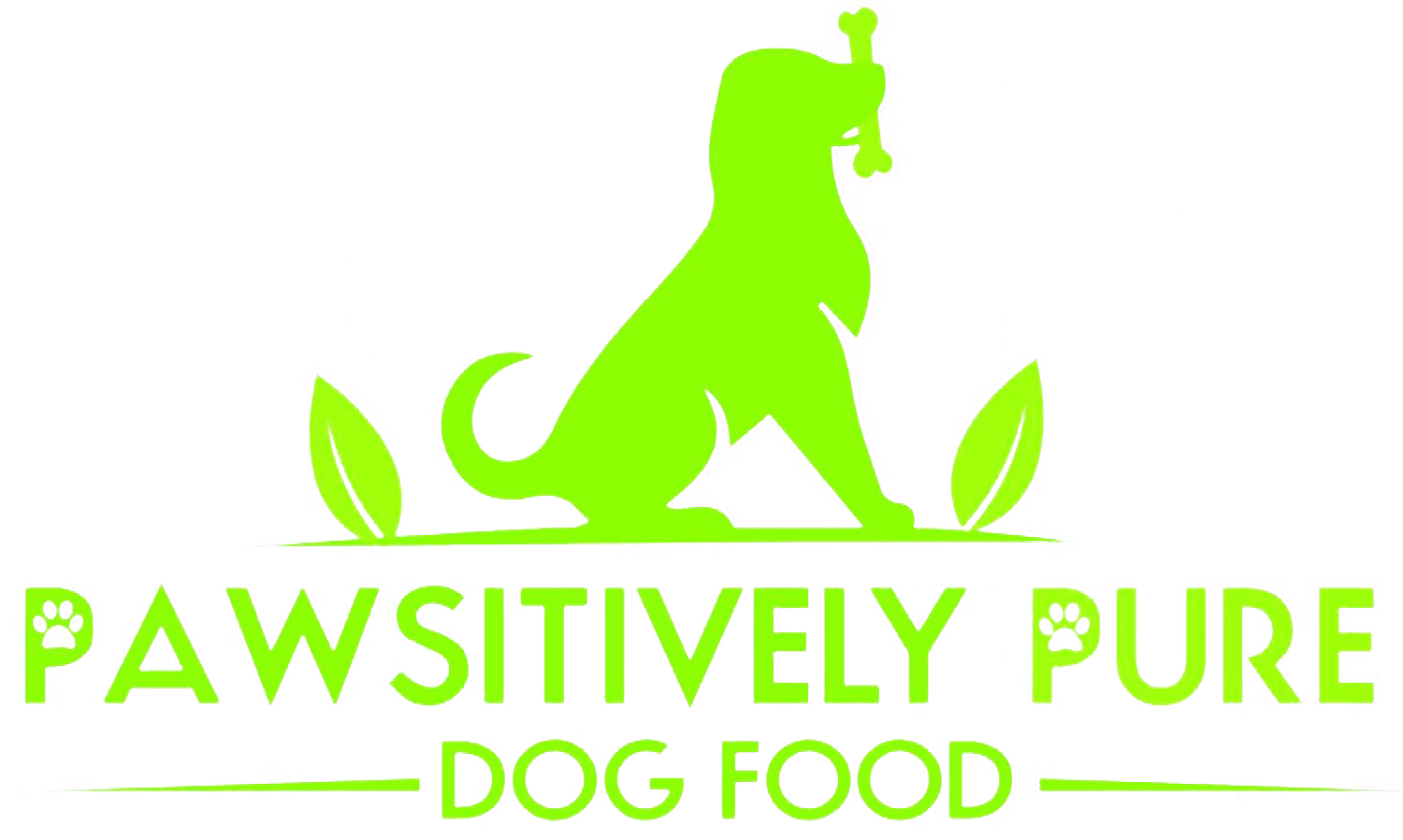Drop It! How to Keep Your Dog From Eating Non-Food Items
Curiosity Gave the Dog an Upset Stomach
Dogs are naturally curious creatures. With their incredible sense of smell and innate thirst for adventure, all dogs occasionally find themselves digging up a bit of trouble. We’re guessing you’ve had to tell your dog to “drop it” at least once during your companionship. While some dogs quickly learn their lesson after destroying only one pair of shoes, other dogs may continue this behavior well into adulthood.
It may be hard for us to understand this kind of behavior. Socks and rocks can’t really be that tasty, can they? But if you notice your dog ingesting items beyond their food bowls, it’s critical that you do some research and work on ending this behavior as soon as possible. Chewing and eating non-food items–other than dog-friendly toys and chew bones, of course–is more than just a nuisance for you; it can also be a harmful behavior with lasting consequences for them.
Why Do Dogs Eat Inedible Objects?
To put an end to this troublesome behavior, it’s important that we understand where it comes from. There are a number of different reasons why your dog may want to eat non-food items.
Nutritional Deficit
If you notice that your dog likes to munch on grass or dirt more than anything else, this may be an indication that their diet is lacking in key nutrients. Grass and dirt actually include nutrients that help aid and stimulate your dog’s digestion. You may have seen your dog munching on a mouthful of grass before vomiting; this is fairly normal behavior. When the grass and dirt eating is compulsive or consistent, however, you should talk to your veterinarian to discuss your dog’s nutritional needs.
Boredom
Destructive behavior in dogs can often be linked to boredom. Many dogs will engage in anything from rambunctious roughhousing to chewing up our clothes and furniture when they’re not physically and mentally stimulated. If your dog doesn’t get enough exercise–both mental and physical–they may try to release their pent-up energy in negative ways.
Desire for Attention
For some dogs, any attention is desirable, even negative attention. When you notice your dog chewing on something off-limits, your first move is probably to scold them. However this may lead some dogs to double down on negative behavior so they can continue to get your attention, even if it’s to tell them no.
Medical Issue
Unfortunately, eating non-food items can occasionally be a telltale sign of a digestive issue, parasite, or other medical issue. Consult your veterinarian if you notice this behavior, especially if it came on suddenly.
How to Correct This Negative Behavior
To choose the proper course of action to correct this behavior, you need to understand why they’re engaging in it in the first place. Start keeping a journal detailing the instances when you notice your dog eating non-food items. Be sure to keep notes about whether they’ve eaten their regular meal, what it is they’re consuming, and any additional stimuli or notable behaviors that accompany the instance. Then, you (maybe with the help of your veterinarian) can start getting your dog back on the right track. The following are just a few corrections that may help:
Ensure your dog regularly gets exercise and mental stimulation. The amount of exercise your dog needs depends on their breed, age, weight, and so on. As a general rule, most dogs need about an hour of exercise a day, with active working breeds requiring much more than that. You should also keep a few puzzle toys on hand for your dog to get some brain training in.
Get your dog the appropriate toys for heavy chewing. If your dog tends to tear up and consume their toys during play time, ensure you only provide them with toys designed to stand up to heavy chewing. Even the most durable toys can still get torn up with time, so keep a close eye on your dog while they play and dispose of the toy properly as soon as it starts to fall apart.
Dog-proof your home. If your dog has a propensity for eating your clothes/shoes/other such objects, remove their access to these objects as much as possible. Set up baby gates as needed. Get trash cans that have lids that firmly close. Put snap locks on your cabinets and drawers where necessary.
Try a corrective spray. There are sprays formulated with cayenne pepper or bitter apple that are designed to discourage your dog from chewing. Many dogs get a mouthful of the bad flavor and won’t be tempted to try chewing that object again.
Get proper veterinary attention. Discuss your dog’s behavior with your veterinarian and ask them to run appropriate tests to determine if your dog is suffering with a parasite or illness. Be upfront with your vet about the diet you feed your dog so they can determine if you need to add additional nutrients to their diet.
Pica, or the consumption of non-food items, can seem like a tricky issue to tackle. But with keen observation and veterinary advice, you should be able to improve your dog’s diet and ensure they are only consuming the freshest and healthiest food and treats.

